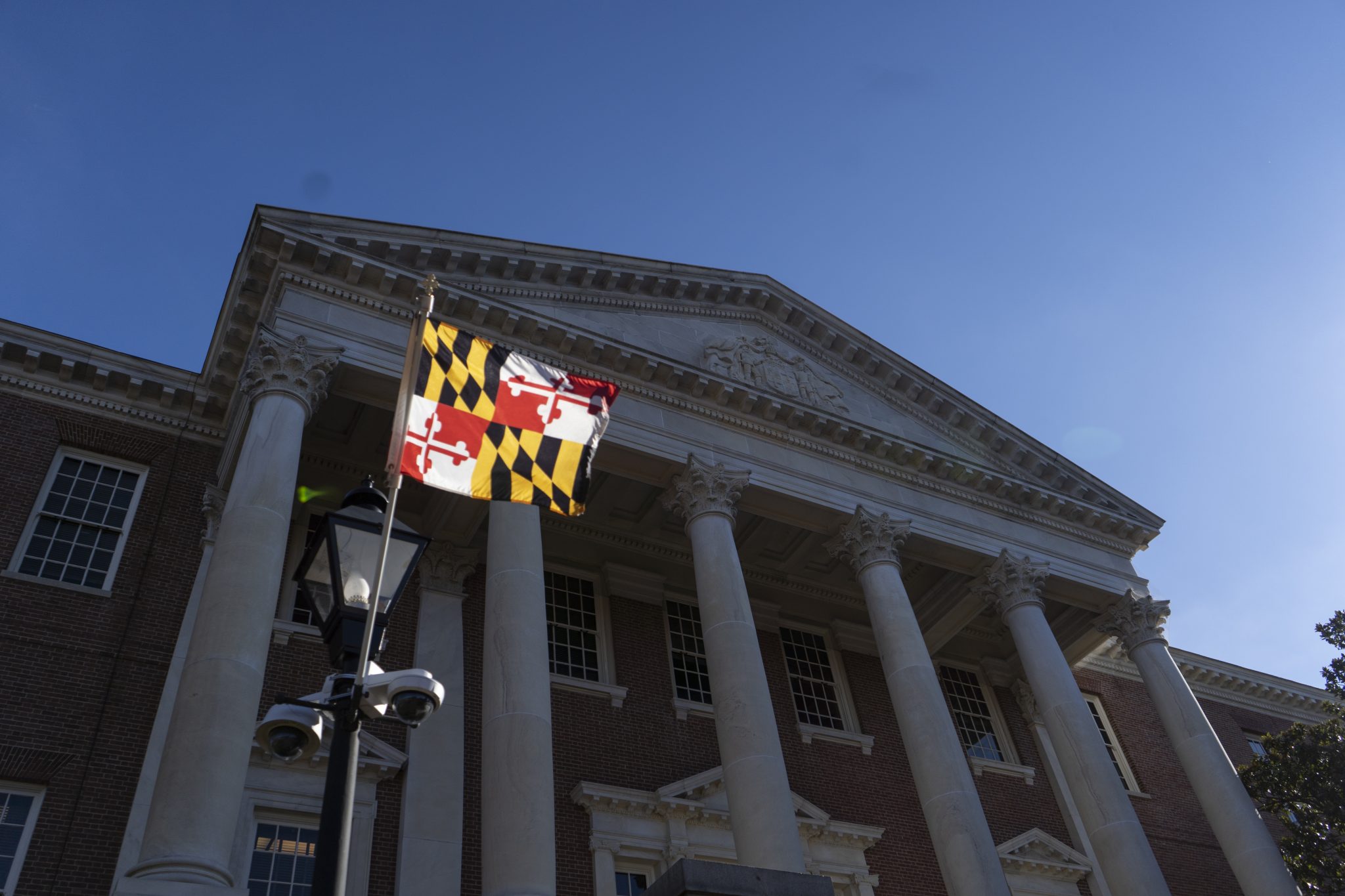Amid increasing partisan polarization on a national level, political division has seeped into education policy in the Maryland General Assembly this legislative session.
Bills about parental rights, the state health curriculum and more are generating conversations around the state.
John Rogers, an education professor at the University of California, Los Angeles, and the director of the school’s Institute for Democracy, Education and Access, said the partisan divide surrounding public education is worrisome.
Rogers’ research focuses on the role of political conflict in communities. In one study on “Educating for a Diverse Democracy,” 69 percent of principals surveyed reported “substantial political conflict over hot button issues.” These issues included LGBTQ+ student rights, teaching about racism and students’ access to books in the school library.
All of this political conflict has the potential to create greater instability in public schools, Rogers explained. In Maryland, he said, it’s important for students, educators and community members to come together to talk about how public schools serve democracy.
Here’s a closer look at some of the education bills sparking controversy this session.
Establishing a comprehensive health education framework
Maryland’s education department already has a framework for health education that includes topics such as gender identity and sexual orientation, family life and human sexuality and mental and emotional health.
However, Sen. Clarence Lam, a Democrat representing District 12, said some local school systems’ curriculums do not align with this framework.
Lam is sponsoring a bill that requires local school systems to create a health education curriculum that aligns with the framework set by the state.
The education department creates frameworks and policies intended to benefit as many students as possible, Lam explained.
[Maryland General Assembly bill would create service year option for high school graduates]
“It’s only within these last few years where we’ve seen a lot of these education policies — that have, up to that point, been less politicized and less controversial — become more and more fraught because of the political environment that we are in,” he said.
One organization advocating against Lam’s bill is Moms for Liberty, a group advocating for parental rights at all levels of government.
Kit Hart, the chair of Carroll County’s Moms for Liberty chapter, doesn’t want gender identity to be enshrined in the state’s curriculum.
“Every family has different morals and values,” she said. “It is the responsibility of the parent and the family to determine when and if the children should be taught some of these subjects, some of these ideas.”
Expanding parental rights
One bill in the General Assembly would establish that a parent has the fundamental right to direct their child’s upbringing and education and prohibit Maryland from infringing on this right.
Del. April Miller, a Republican representing Frederick County and the bill’s primary sponsor in the House of Delegates, was inspired to back the legislation following eight years of serving on the Frederick County Board of Education.
“I was a voice for parents on our school board,” she said. “I want to be a voice for parents in Annapolis.”
Miller noted that support for some of the education legislation this session is divided among party lines. However, parenting should not be partisan, she said, and parents are thinking most about how legislation impacts their children.
Tara Thompson, the chair of Baltimore County’s Moms for Liberty chapter, explained some parents in Maryland feel like they lost a lot of their rights during the COVID-19 pandemic.
“It was a time where a lot of parents just felt hopeless and lost,” she said.
[South Asian leaders in Maryland hope to inspire a new generation of politicians]
Hart said parents are concerned about school curriculum and vaccine mandates and want their rights protected.
Earlier this legislative session, there was a bill in the Maryland Senate that would allow minors over the age of 14 to receive vaccinations without their parents consent. Sen. Cheryl Kagan, a Democrat representing Montgomery County and the bill’s sponsor, withdrew the bill following opposition from groups such as Moms for Liberty.
Transgender student athletes
Some Maryland legislators are backing a bill — which they call the Save Women’s Sports Act — that would prevent transgender student athletes from competing on the team they identify with.
Supporters of the bill say it will protect opportunities for girls’ success in sports. Opponents of the bill, including LGBTQ+ advocates, argue the legislation is discriminatory.
Shamoyia Gardiner, the executive director of Strong Schools Maryland, said the bill is transphobic and would allow schools to discriminate against certain students. Strong Schools Maryland is an organization that focused on pushing for the passage and implementation of the Blueprint for Maryland’s Future — an education funding reform bill passed in 2021. The organization has since transitioned to advocating more broadly for world class public schools.
“The Blueprint for Maryland’s Future doesn’t envision a transphobic system of public schools,” Gardiner said.
Strong Schools Maryland is a nonpartisan organization, but Gardiner is concerned about the increasing politicization of educational issues.
Regardless of their political differences, Gardiner said Democrats and Republicans have similar end goals.
“Folks seem to share the same values,” she said. “We want safe schools … We want school and community engagement.”



